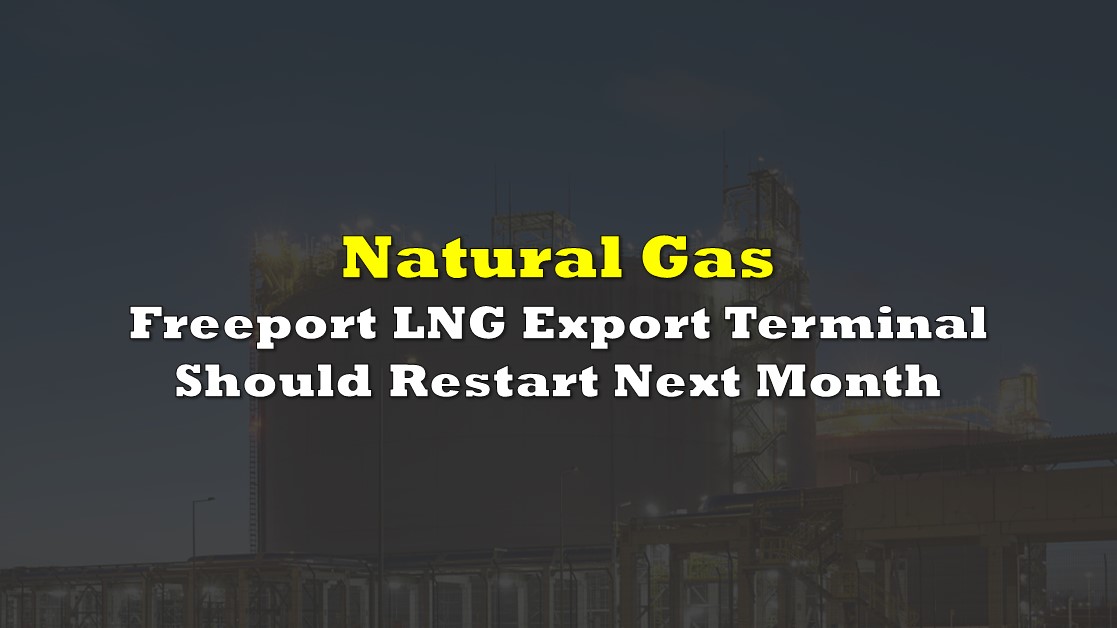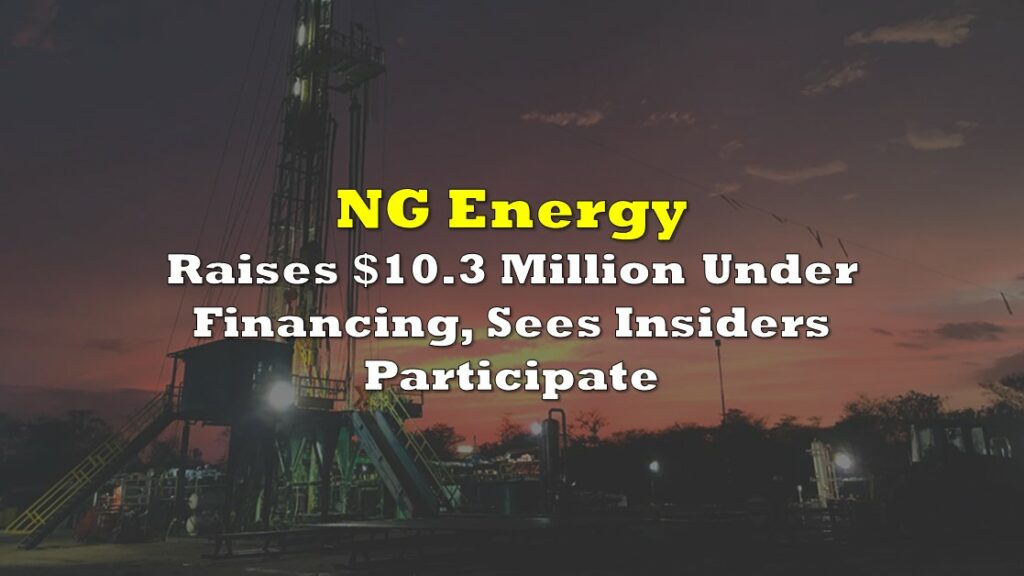On November 18, Freeport LNG Development, L.P. announced that it plans an initial restart of its natural gas liquefaction and liquefied natural gas (LNG) export facility in mid-December 2022, about a month later than the company’s prior guidance. The Freeport facility, which is located on Quintana Island on Texas’ Gulf Coast and has a maximum production capacity of 2.38 billion cubic feet per day (Bcf/d), is expected to achieve a 2 Bcf/d production level in January 2023. The plant should reach full production in March 2023.
Freeport is a private company which is majority-owned by its CEO Michael Smith. Others which own major stakes include Dow Chemical and Japan’s Osaka Gas. The plant is the second largest liquefaction facility in the U.S. and the seventh largest in the world. It represents about 20% of the total U.S. LNG export capacity.
In early June 2022, an explosion occurred near the storage tanks at the Freeport LNG facility, and the severity of the fire damage forced the plant to shut down. Reconstruction work is now about 90% complete. Resumption of service at Freeport could boost U.S. natural gas prices as substantial incremental natural gas will be liquefied and ultimately exported to Asia and Europe where there is seemingly unlimited demand for LNG given Russia’s action to shut off the flow of conventional natural gas.
Natural gas is currently trading at around US$33 per thousand cubic feet (Mcf) at the benchmark Dutch Title Transfer Facility (TTF) in Europe, and at about US$26 per Mcf at the Japan Korea Marker in Asia. These prices dwarf the U.S. benchmark price of about US$6.64 per Mcf, and the huge gap between foreign and U.S. prices suggests that every U.S. gas molecule which can be liquefied and shipped overseas will be. Interestingly, the US$33/Mcf is holding even though gas storage facilities are reportedly 95% full, on average in Europe, and 100% full in Germany (per Trading Economics).
As an illustration of this, two LNG export vessels have been idling outside the Freeport facility awaiting its restart for the last three weeks or so. (Such patience, of course, speaks to the potential profitability of loading there and unloading in Europe.) A third vessel is reportedly crossing the Atlantic Ocean to get in the Freeport loading queue.
A bit of a head-scratcher in the LNG world, given this huge price differential, is the scheduled arrival in the next few days of an LNG tanker from Trinidad at the Everett LNG import (receiving) terminal in Boston, Massachusetts. The Everett LNG facility has not received a cargo since August 2022. It has received 16.7 Bcf of gas in the form of LNG in the first ten months of 2022, (not surprisingly) only about half the quantity it received on average over the five-year period 2017-2021.
The most likely — and unfortunate, at least for consumers — consequence of all this: Freeport’s restart could cause U.S. natural gas prices to increase. In addition, Europe’s extraordinarily high prices seem set to persist for some time.
Information for this briefing was found via Trading Economics, Bloomberg and the sources mentioned. The author has no securities or affiliations related to this organization. Not a recommendation to buy or sell. Always do additional research and consult a professional before purchasing a security. The author holds no licenses.









